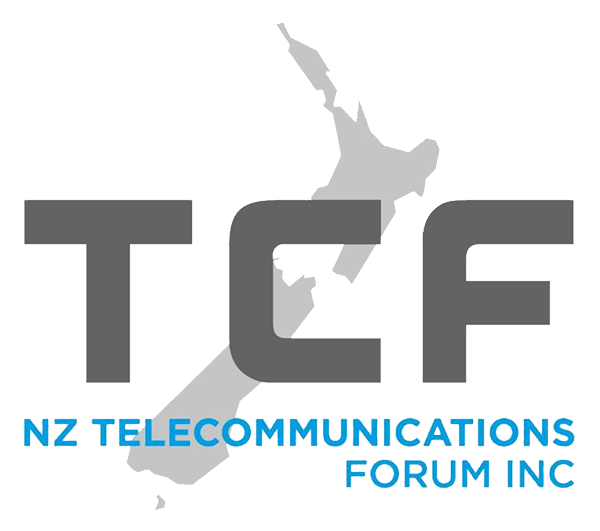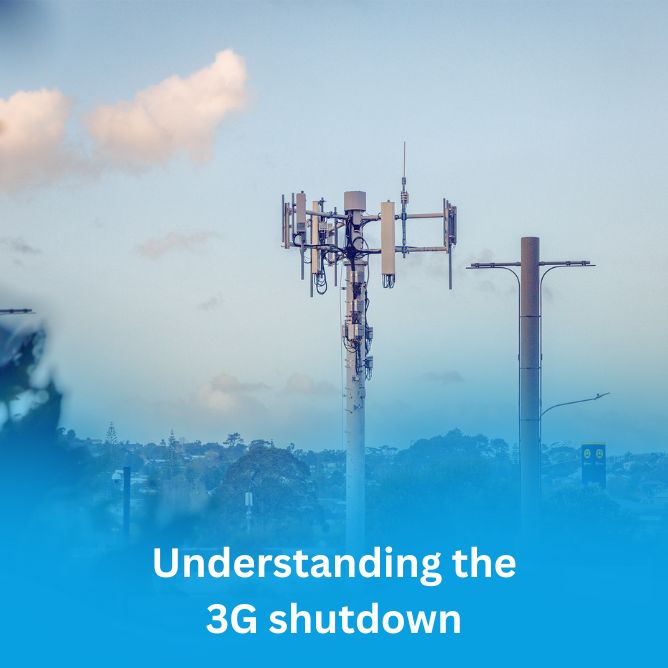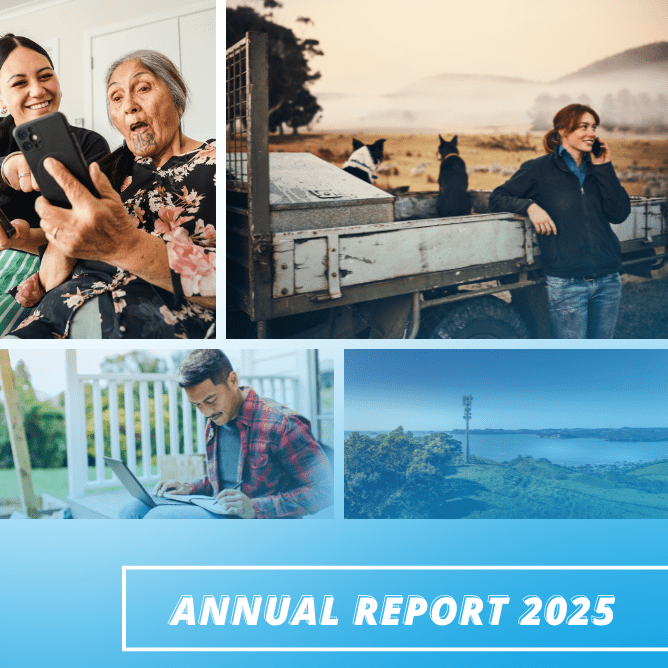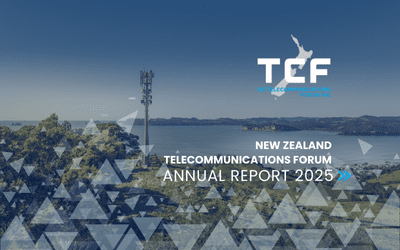“Firstly, go with your instinct – if something doesn’t feel right it probably isn’t. Hang up and report the call to your phone provider,” says TCF CEO Geoff Thorn.
“Secondly, be wary of any ‘out of the blue contact’ by an organisation. A telecommunications company would never call a customer out of the blue and request remote access to their devices. If this happens to you, it is a scam, and the best action you can take is to hang up.”
Thorn advises: “It is only when a customer has requested assistance to troubleshoot a technical issue, that a provider will suggest remote access. So, the request will always be initiated by the customer and additional security measures will be in place. Similarly, a telco would never ask for credit card details over the phone to fix or diagnose a problem.”
TCF is encouraging consumers to familiarise themselves with some of the warning signs and more common types of scams we experience in New Zealand.
“Scam callers can be clever and persuasive, and in particular like to target those who may be more vulnerable. We are encouraging Kiwis to check in with their friends and family who might fall into this category and help them be more aware of the sorts of scams that are around,” says Thorn.
“The TCF has a scam prevention process in place which enables scam calls to be notified and blocked across all New Zealand networks. While this process does a good job at keeping many scam calls at bay, the sheer volume of scams means there are calls which still reach consumers, so we urge Kiwis to be vigilant”, says Geoff Thorn, TCF CEO.
MAIN TYPES OF SCAM CALLS
- “Wangiri” (One Ring) Fraud – typically a missed call from an overseas number, with caller hanging up after one ring or less. The intention of the scammer is to entice you to call back, upon which you are charged premium rates from the overseas provider while a message plays to encourage you to stay on the line for as long as possible. Best action – do not call an unknown overseas number back, wait for the caller to contact you again to ensure it is genuine.
- “Technical Support” Scam –scammers will often purport to be from a trusted provider (often a computer company or your telecommunications provider) seeking to gain remote access to your computer to “fix” some issue, or to sell unnecessary and overpriced “support packages”. Usually these callers are from overseas, but disguise themselves by routing their call through a New Zealand phone number. Best action – hang up and contact the company directly on their number listed in the phone book or on their website.
- “Government Grant” Scam – Calls made from someone offering free money in the form of a Government grant or similar. Best action – hang up and contact the organisation directly on their number listed in the phone book or on their website.
- “Inland Revenue” Scam – Calls made from someone claiming to be from the IRD, and attempting to collect payment over the phone. Best action – hang up and contact the IRD directly on their number listed in the phone book or on their website.
- “Telco provider” Scam – Calls made from someone claiming to be from your telecommunications provider, and attempting to collect payment over the phone on billing arrears, may be made by scammers. Best action – hang up and contact the company directly on their number listed in the phone book or on their website.
- “Targeted Impersonation” Scams – Impersonation scams come in several guises (commonly police or community scams). The defining characteristic of these scams is that scammers will specifically target you and your friends/family members as victims. These scams may be elaborate and involve several steps in order to research and capture your personal information. Best action – if you receive a suspicious call, do not engage with caller, but hang up immediately and report the suspicious call to the Police.
Thorn says: “While these are the main types of phone scams we can currently identify throughout New Zealand, scams are constantly evolving and changing. The TCF website is a good point of reference to keep updated on phone scam information.”
For more detailed information on the scams and recommended actions, please click here.





















